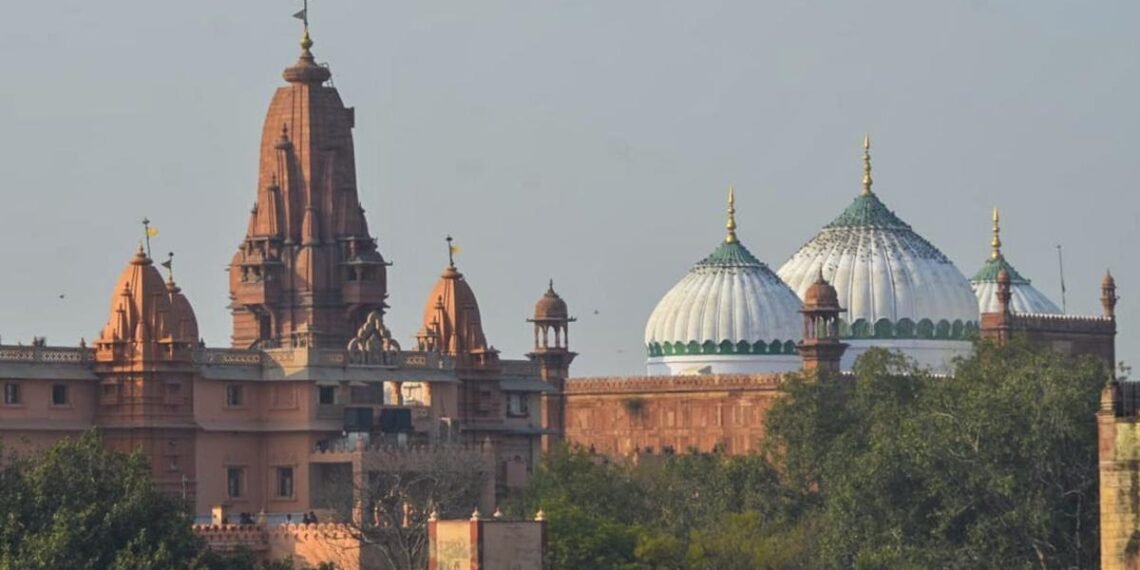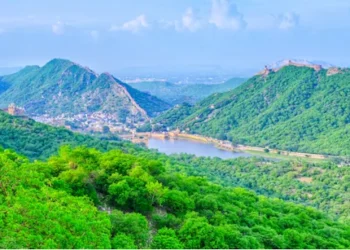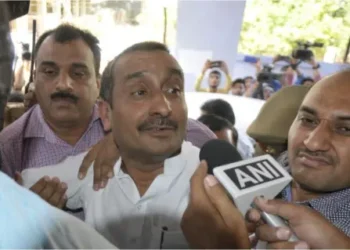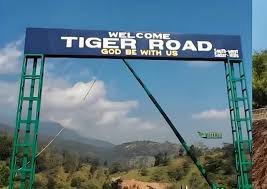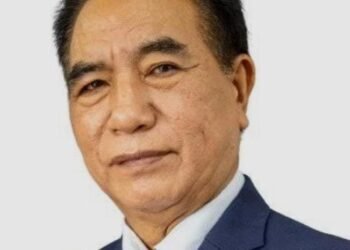The court observed that historical references and ASI records suggest a temple once stood there, but that’s not enough for legal classification.
BY PC Bureau
July 3, 2025 — In a development that could have far-reaching implications for one of India’s most sensitive religious disputes, the Allahabad High Court on Wednesday declined to declare the Shahi Eidgah mosque in Mathura a disputed structure. The ruling was delivered by Justice Ram Manohar Mishra, who held that based on the evidence and pleadings available at this stage, there is no legal ground to classify the mosque as a disputed property.
The case pertains to the Krishna Janmabhoomi–Shahi Eidgah issue, where Hindu petitioners claim that the Eidgah mosque, located adjacent to the Krishna Janmasthan Temple, stands on the exact birthplace of Lord Krishna and is therefore an illegal encroachment on sacred Hindu land.
“No Dispute at This Stage”: Court
In his detailed observations, Justice Mishra emphasized that the declaration of a structure as “disputed” must be rooted in clear legal grounds, supported by admissible evidence. He cited records from the Archaeological Survey of India (ASI), noting that some documentation and historical accounts — including those by foreign travellers — point to the existence of a Hindu temple at the site. However, the judge clarified that the presence of such materials does not, in itself, meet the threshold required to label the structure as disputed within the meaning of law.
READ: Special Report | The Mate Case (Part 1): NIA Goof-Up, Bail, and Rearrest
“The records suggest a temple existed at this location, and various foreign travellers have referred to it as a Hindu site. There is no mention of a mosque in those descriptions,” Justice Mishra said. However, he stopped short of making any judicial declaration about the mosque’s legal or religious status, reiterating that “based on current facts, the Shahi Eidgah cannot be declared a disputed structure at this juncture.”
Strong Objections from the Mosque Side
The Shahi Eidgah Masjid Trust, representing the Muslim side, strongly opposed the claims made by the petitioners. They argued that the existence of the mosque is centuries old and legally sanctioned, and that no credible evidence had been presented to support the demand for its removal or classification as a disputed site.
The Trust’s counsel also reminded the court of the 1968 agreement between the Shahi Eidgah Masjid Trust and the Shri Krishna Janmasthan Seva Sansthan (SKJSS) — the Hindu temple authority — which allowed shared worship and peaceful coexistence at the site. This agreement had stood uncontested for decades, until recent petitions sought to challenge its validity.
Prayagraj, Uttar Pradesh: On the High Court rejecting plea to declare Mathura Shahi Idgah a disputed structure, Advocate Saurabh Tiwari (representing the Hindu side) says, “There was an application filed under Suit Number 13, requesting that the Shahi Eidgah be declared a… pic.twitter.com/NvrS09x828
— IANS (@ians_india) July 4, 2025
Background: A Long and Complex Dispute
The Krishna Janmabhoomi–Eidgah conflict traces its roots to a decades-old agreement signed in 1968. The pact between the SKJSS and the mosque committee permitted the use of the land by both communities, establishing a rare example of negotiated religious harmony in India. However, recent years have seen a surge in litigation from Hindu claimants who allege that the agreement was a “fraudulent compromise” and demand the complete removal of the mosque from the Krishna Janmasthan complex.
Since 2020, at least 18 civil suits have been filed challenging the mosque’s presence on the site. These suits were transferred from Mathura’s lower courts to the Allahabad High Court in 2023, where they were clubbed for joint hearing. Petitioners argue that the mosque was built during the reign of Mughal emperor Aurangzeb after demolishing a temple that stood at the exact birthplace of Lord Krishna — an assertion that echoes the claims made in the Ayodhya Ram Janmabhoomi dispute.
READ: Facing Backlash, will Biren Clarify His Dr. Nehginpao Claim?
While the High Court’s ruling does not shut the door on further litigation, it does mean that the structure cannot be treated as disputed property for now — a significant procedural win for the mosque committee. The court has yet to rule on the more substantive demands of the petitioners, including the removal of the Shahi Eidgah and restoration of the temple complex.
Legal experts say the judgment may slow the momentum of the current wave of litigation, even as both sides prepare for prolonged legal battles. Observers also note the wider communal and political sensitivities surrounding the case, especially in the context of recent precedents set by the Supreme Court in the Ram Janmabhoomi–Babri Masjid case.
As of now, the Allahabad High Court has struck a cautious tone — signaling that faith and history must be examined within the framework of law and evidence, and not public sentiment alone.


